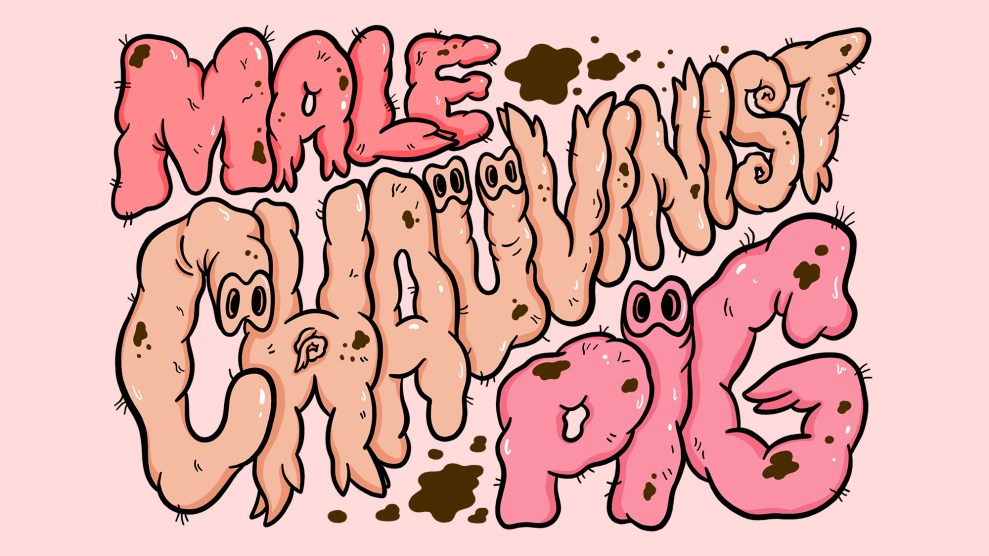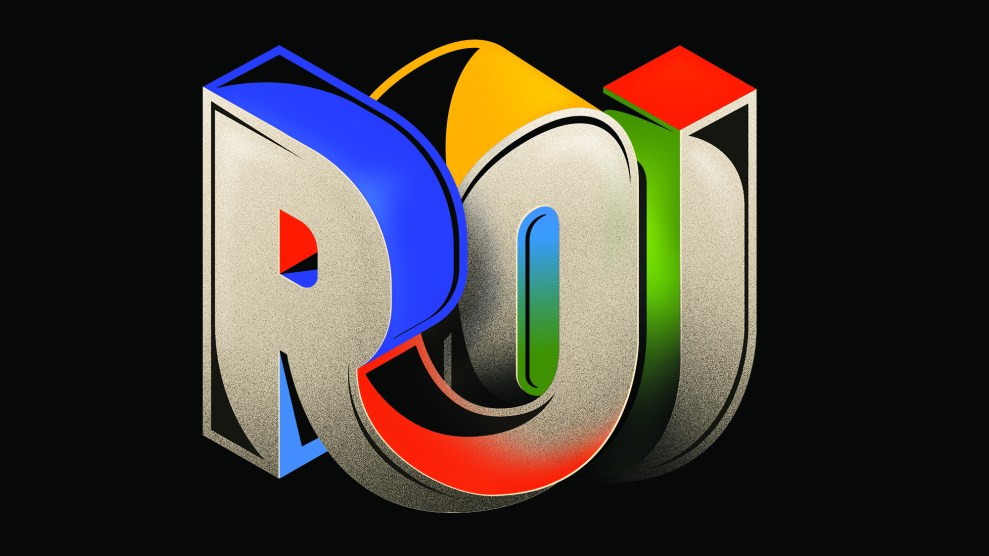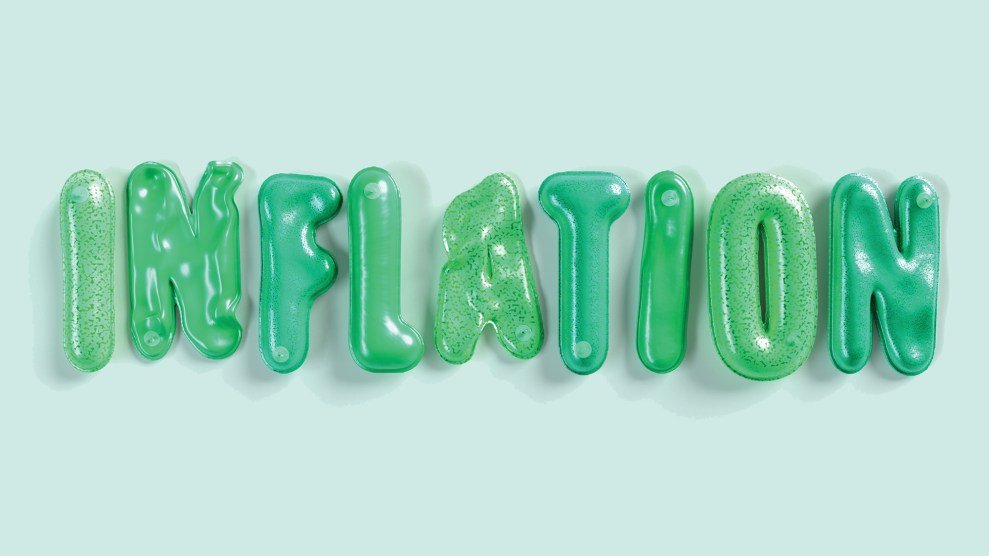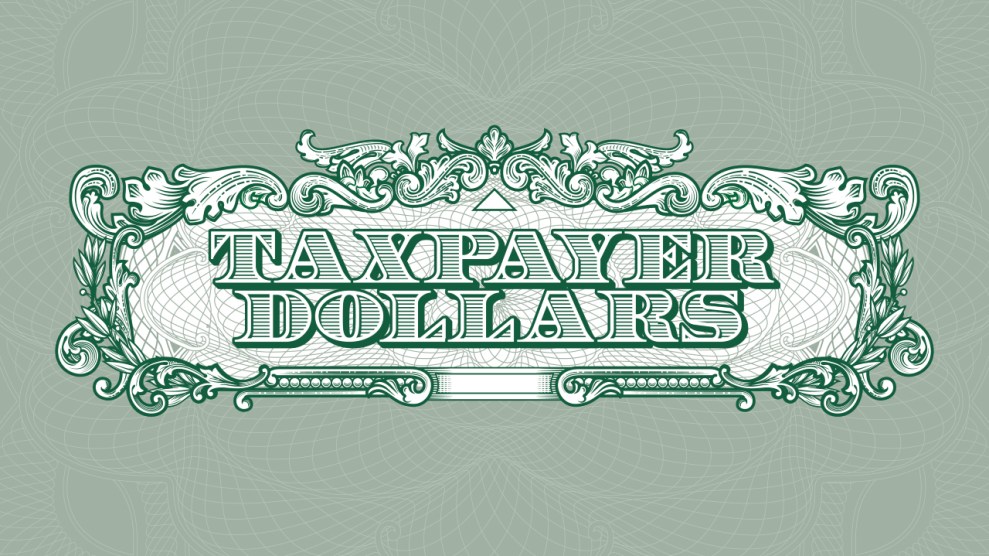When pop star Olivia Rodrigo released her album Sour in May 2021, listeners took to TikTok to debate whether she was “white passing.” The question was not really about how Rodrigo perceives or publicly identifies herself. She is of both Filipino and white ancestry. Rather, it was about whether others see her as white. The Rodrigo discourse soon enflamed more general discussion about who deems one “white passing.” As one Iranian-born TikToker explained, she “did not grow up being white” when she came of age in post-9/11 America, but after others began to associate her appearance with whiteness—partially because of the rise of the Kardashians—she now recognizes the privilege of being “white passing.”
The conversation differed from how “passing” has traditionally been used in the United States. In the Jim Crow era—when “one drop” of Black ancestry subjected a person to segregation—“passing” was a deception to assume the privileges of whiteness. From 1880 to 1940, experts suspect about 20 percent of Black men passed for white at some point. It was commonly an attempt to “access things that wouldn’t have been available to them otherwise,” says Nikki Khanna, a sociology professor at the University of Vermont. But it was also a certain betrayal—leaving behind collective uplift for personal gain.
The term “white passing” is an attempt to explain how this operates now. Among a matrix of terms—from the academic-sounding “cultural appropriation” to the colloquial “Blackfishing” (for celebrities who attempt to appear Black to further their brand)—it is an exploration of how proximity to whiteness can provide advantage even when someone is not actively claiming to be white.
A deeper history of the term helps make sense of this transformation. The first uses of “passing” date back to “notices concerning runaway slaves,” writes Harvard University professor Werner Sollors. It was meant as passing first for free. Only later did it come to mean “white.” Often, this goes unmentioned. But current “white passing” discourse brings us back to the tension between being white and being free. Are they really the same thing?
I found myself personally wrestling with this during the most recent census. What’s my race? the form asked. I am what the Spanish colonists decided to label “mestizo,” or a person with white and Indigenous ancestry. Appearing white to some has undoubtedly made it easier for me to operate in white spaces. But I’m still part of a racial and ethnic demographic that has faced higher rates of COVID deaths, that is disproportionately affected by climate change, and that faces a stiff pay gap. This complex answer doesn’t exist on forms. Instead, I could indicate biracial ancestry (which many more people did in 2020 than previously) or white. My father chose the second option.
This sat somewhat uneasily with me. The ability to get ahead by how you perform your identity in a given setting is partly what motivates people to label others as “white passing.” But, in my case, as for many others, there was just a series of iffy options. An increasingly diverse America does not just mean more Latinos. It means more people like me, who straddle a series of identities. Our histories do not fit neatly into the stereotypes of America’s racism, though they’re still subject to these cruelties.
But for someone who is clearly a person of color and can’t take part in passing, there tends to be a desire to have this disadvantage recognized. Their status is different from those who are “white passing,” even if we are all marginalized.
One of the most famous treatments of this complex dynamic is Nella Larsen’s 1929 novel, Passing, which was adapted for film in 2021. In the book, a Black character laments, “It’s funny about ‘passing.’ We disapprove of it and at the same time condone it. It excites our contempt and yet we rather admire it. We shy away from it with an odd kind of revulsion, but we protect it.” The use of “we” here is indicative. As Brit Bennett, author of another passing novel, The Vanishing Half, wrote in a retrospective essay on Larsen’s book, “passing is a performance that, like any other, requires an audience.”
Questions about “white passing” should start there: Are we an audience that likes it?















